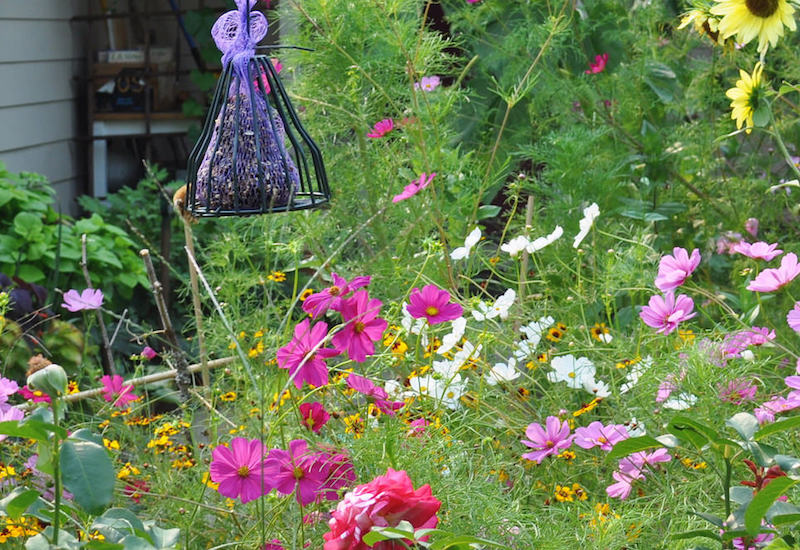You can help save the bees that pollinate our food production systems by joining a national movement to plant more bee-friendly gardens during National Pollinator Week, June 22-28.
By creating, planting and maintaining a garden, and registering it on the Pollinator Garden Challenge map, Americans can contribute to revitalizing the health of bees, butterflies, birds, bats and other pollinators across the country.
According to Cornell University, one out of every three bites we eat is the direct result of a pollinator’s work, contributing $29 billion to America’s food production. However, pollinator declines in recent decades have been steep and severe due to habitat loss, parasites, pesticides and other threats. Monarch populations, for example, have plummeted by 90 percent in the last 20 years.
“One thing is clear, Americans love pollinators and their efforts are paying off. Research in recent studies have shown that even small gardens can make a difference for pollinators by increasing diversity of bee species across urban and suburban landscapes.” says Mary Phillips, senior director at the National Wildlife Federation, one of the founders of the National Pollinator Garden Network.
Bees, butterflies, hummingbirds, bats and other pollinators fertilize one-third of food crops while flying from plant to plant. They “play a critical role in food security,” says Val Dolcini, president of the Pollinator Partnership, one of the network’s founding organizations.
“Anyone can plant for pollinators and join this effort to reach one million,” explains Phillips. “Every habitat of every size counts, from window boxes and garden plots to farm borders, golf courses, school gardens and more.”
The National Pollinator Garden Network provides plant lists, hand-outs, lesson plans, training guides and many other resources to help people learn how to grow pollinator gardens in different regions of the country. Find resources at National Pollinator Garden Network. Missouri Prairie Foundation has several “Top 10” lists for the best pollinator garden plants at GrowNative!. In Kansas City, find native plant resources and virtual educational programs at Deep Roots.
